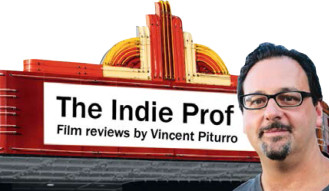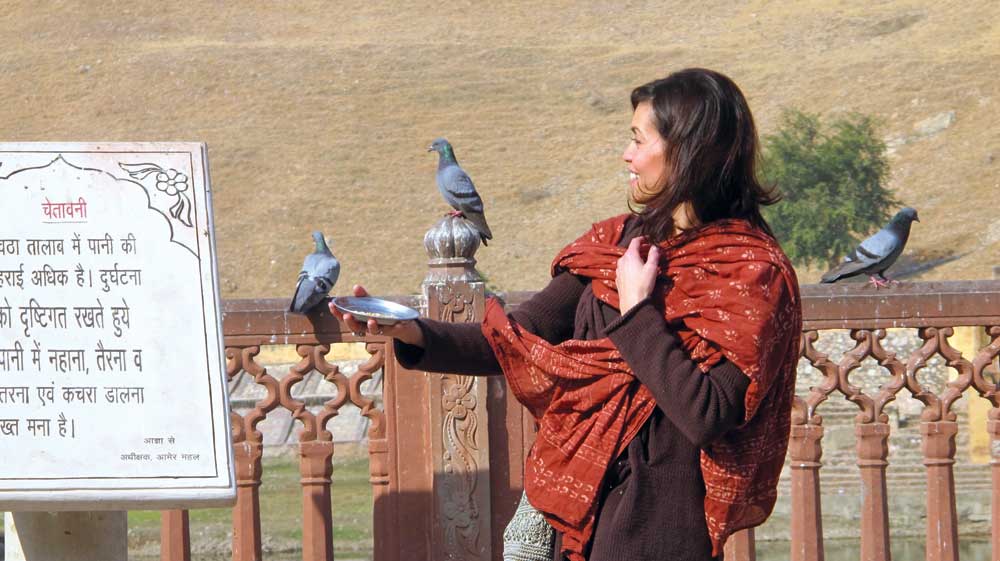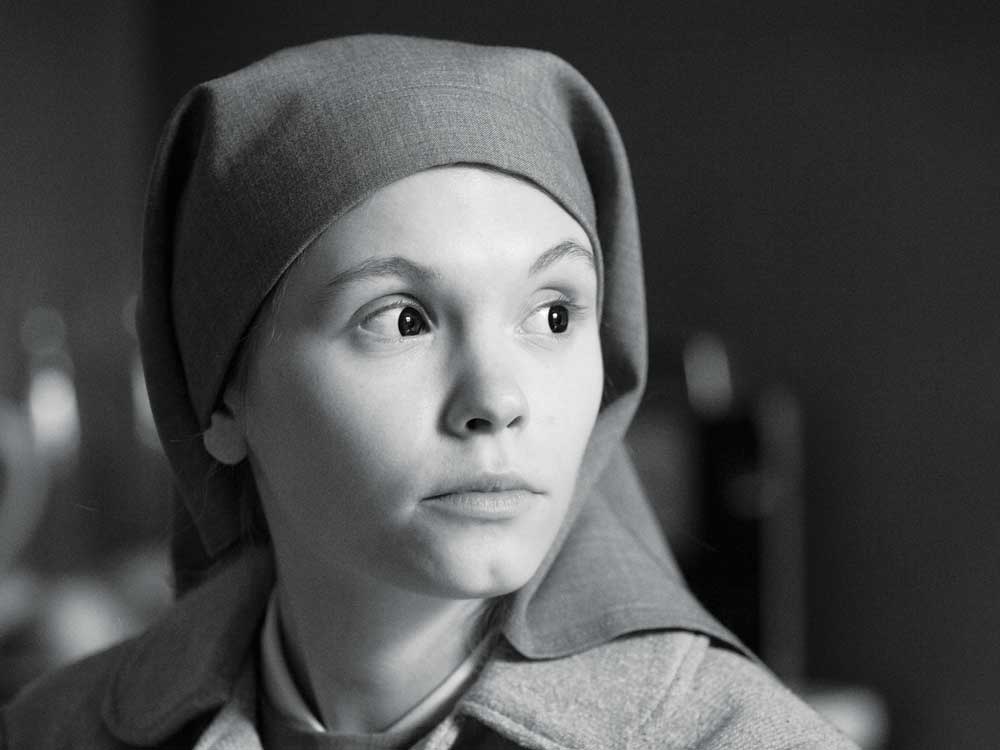 Each month, the Indie Prof reviews a current film in the theater and a second film that is available on DVD or VOD. Follow “Indie Prof” on Facebook for updates about film events and more reviews.
Each month, the Indie Prof reviews a current film in the theater and a second film that is available on DVD or VOD. Follow “Indie Prof” on Facebook for updates about film events and more reviews.
March is a busy month in the Colorado film world. The Boulder International Film Festival takes place from March 5–8. For more info, visit www.biff1.com.
One pick: Denver doc-maker Daniel Junge’s new film, Being Evel on Sunday, March 8. It got rave reviews at Sundance and Junge is Colorado’s best filmmaker and one of the best in the country.
March also brings us the Women and Film Voices Film Festival at the Denver Film Society from March 17–22. Local (and Stapleton resident) Berni Slowey’s film Berni’s Journey will play at the fest. For information and scheduling, see voicesfilmfestival.com.
I chose to review two films this month, both of them about women on a journey.
Berni’s Journey (2015)

Scene from Berni’s Journey
“From the beginning, this movie refuses to follow the script I have in my head.”
You are a successful businesswoman in your 40s, you have a loving husband, and two great kids. What do you do now? Quit your job, travel halfway around the world, and make a documentary film about your journey, right? Of course. Except none of us would ever actually make the transition from dream to reality. None of us except Berni Slowey. The film Berni’s Journey is the result of that process—a several year journey of life change, spiritual quest, and filmmaking that has culminated in a fascinating final project about the life of Berni Slowey. It is definitely worth your time and effort to find it at the Voices Film Festival.
Berni has a fascinating story: child refugee from Vietnam, successful businesswoman in a “man’s world,” and active mother and wife in the Stapleton community. But something was gnawing at her, and while she traveled around the world to figure it out, she really found it right back at home.
The film is heartfelt and honest—you can’t ask much more of a film. It is a straight-ahead look at one woman’s search for meaning. But her search is our search, and we can all learn as we tag along on Berni’s Journey. You should tag along too. You will enjoy this film if you liked Wild, Ida, or Frances Ha.
(Writer’s note: Berni Slowey is a friend, and we have consulted on the film at various points, although I had no direct input.)
Ida (2014)

Scene from Ida
Ida is a wonderful gem of a film by Polish director Pawel Pawlikowski. As many great films are, there is a simple premise: a young novitiate nun on the verge of taking her vows undertakes a journey to find family. What she finds is more than she hoped for. The film is powerful and provocative, subtle and soft. It is the work of a literature and philosophy major from Oxford who has said, “I don’t define myself as a filmmaker; it is only a little part of who I am.” Even though he may not define himself as such, that part of him is brilliant.
The Polish film industry has a fascinating past of its own: kept under wraps behind the Iron Curtain, the Polish film lineage formed a line of filmmakers who excelled in subtlety, nuance, and allegory. Even after the Iron Curtain fell, the Polish filmmakers retained their gift for simple storytelling underlined with thematic depth. The result has been decades of interesting and thoughtful films—films imbued with the pain of history and the watchful eye of observers to that pain. Ida follows in that path.
The economical film is short on run time but long on allure. Newcomer Agata Trzebuchowska in the title role steals the camera in every scene, giving an alternately austere and sizzling performance. It’s hard to image a Hollywood actress lending such subtlety to the role of the perhaps naïve, but perhaps a bit more knowing soon-to-be-nun. Agata Kulesza, as Ida’s aunt Wanda, balances the screen as Ida’s Virgil into the world. The meaty role provides a stage for a talented actress, and Kulesza is up to the task. The acting and directing behind it pop from the screen in every scene.
Another famous characteristic of the Polish cinema is the brilliant cinematography. Here it is Ryszard Lenczewski behind the camera, filming in a high-contrast black and white that recalls the classic Polish films of the 60s, such as Closely Watched Trains. Shot mostly with a soft focus that gives us a short depth of field, the long lens allows us to focus on the emotion of the characters as the fuzzy background comes to represent the collective Polish past.
You will like this film if you enjoyed Wild, Frances Ha, and/or Closely Watched Trains. Available at most Video-on-Demand (VOD) outlets.
Vincent Piturro, Ph.D., teaches Cinema Studies at Metropolitan State University of Denver. He can be reached at vpiturro@msudenver.edu.




0 Comments